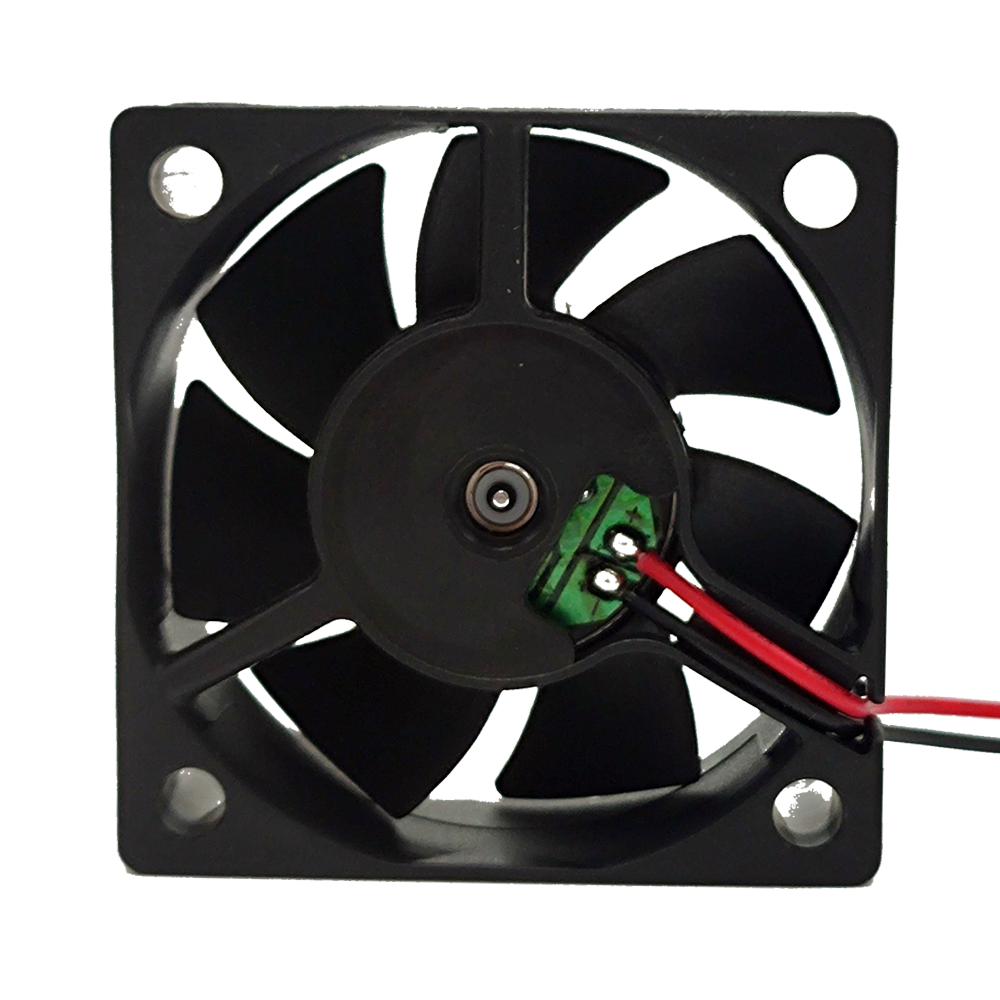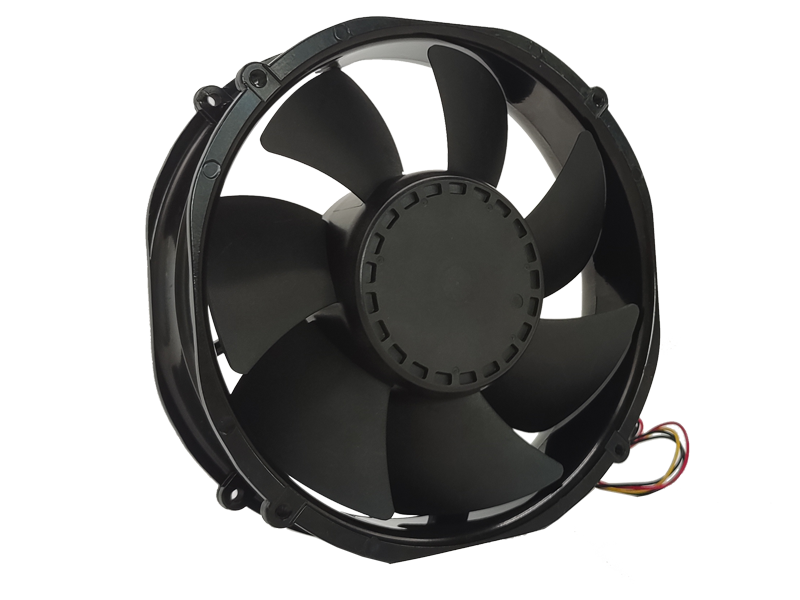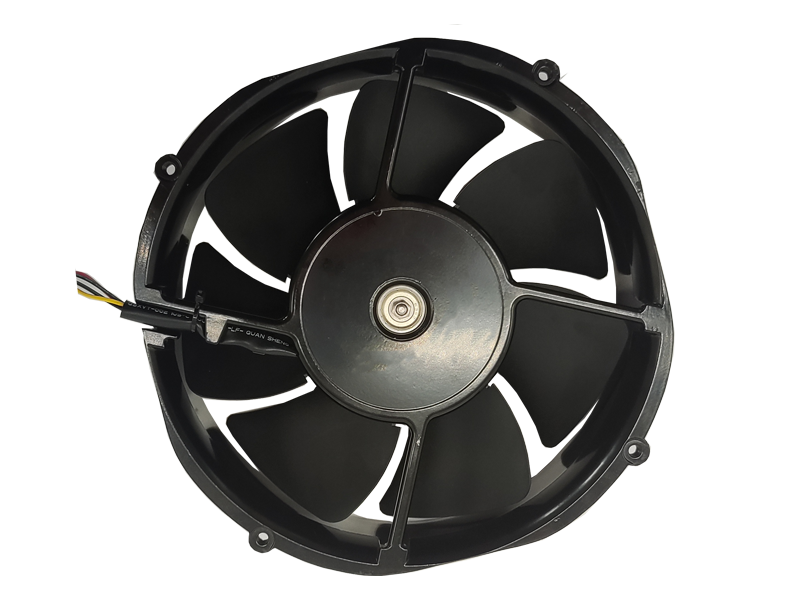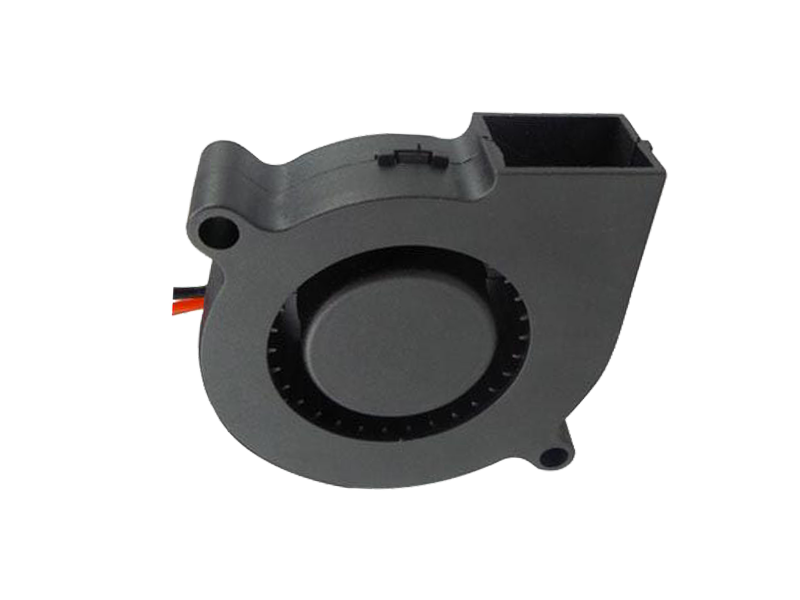Introduction
The industrial fan market is undergoing a paradigm shift from one-size-fits-all products to highly customized solutions tailored to specific industries. This article examines how manufacturers are leveraging modular design, advanced materials, and digital twins to create sector-optimized fans that deliver unprecedented performance.
1. Food Processing: Hygiene Meets Efficiency
In food manufacturing, stringent hygiene standards demand easy-clean designs. A German dairy processor collaborated with engineers to develop fans with IP69K-rated stainless steel casings and crevice-free welds. The design eliminated bacterial hotspots, reducing weekly sanitization time from 4 hours to 45 minutes.
Airflow patterns are equally critical. When a US poultry plant struggled with moisture control, computational modeling revealed that traditional axial fans created dead zones. The solution was a plug fan system with forward-curved blades, maintaining relative humidity below 65% in critical areas and cutting product waste by 22%.
2. Data Centers: Cooling the Digital Backbone
The exponential growth of data centers requires precision cooling. Microsoft's Project Natick deployed seawater-cooled fans in underwater data pods. The custom-designed impellers withstand 5 bar pressure while maintaining 18°C inlet temperatures, enabling 1.07 PUE (Power Usage Effectiveness) in submerged environments.
Free-cooling systems are gaining traction. A Swedish colocation provider implemented fans with economizer modes that utilize outdoor air. When ambient temperatures drop below 15°C, the system switches to adiabatic cooling, reducing chillers' runtime by 82% and cutting annual energy costs by €480,000.

3. Renewable Energy: Optimizing Green Infrastructure
Wind turbine cooling presents unique challenges. A Danish manufacturer developed direct-drive fans for nacelle ventilation. The brushless DC motors withstand -40°C to +60°C operational ranges, while embedded heat pipes transfer waste heat from generators, increasing turbine efficiency by 1.8%.
In solar farms, dust accumulation reduces panel output by up to 30%. A California solar plant installed ultrasonic fans that create 100 m/s air knives. The system removes 92% of particulates without physical contact, maintaining 98.3% panel efficiency over 18-month trials.
4. Pharmaceuticals: Contamination Control Systems
Cleanroom applications demand ISO 14644-1 compliance. A Swiss biotech firm implemented fans with HEPA-integrated scroll housings. The design achieves 99.995% particle retention at 0.3μm, while laser-welded seams prevent fiber shedding – critical for vaccine production lines.
Energy recovery ventilators (ERVs) are transforming lab environments. When a UK university retrofitted its research labs with ERV-coupled fans, the system recovered 78% of exhaust energy. This reduced HVAC load by 41%, qualifying the project for £2.1M in government sustainability grants.
Conclusion
The industrial fan industry's move toward sector-specific solutions demonstrates how deep domain expertise, advanced simulation tools, and modular architectures are creating products that address unique operational challenges. By aligning airflow dynamics, material compatibility, and energy efficiency with industry-specific requirements, manufacturers are transforming fans from commodity components into strategic enablers of industrial productivity.
Recommended Products

The main purpose:Car charging station

The main purpose:Car charging station

The main purpose:Electronic refrigerators, water dispensers, direct drinking machines, inverter power supplies
Address:No. 4137, Longgang Avenue (Henggang Section), Henggang Community, Henggang Street, Longgang District, Shenzhen
hotline:13530005572(Chen)15112579390(Li)


Welcome all friends to come for consultation and negotiation.
Copyright 2024 @ Shenzhen Youneng Xinyuan Electronics Co., Ltd.,(industrial fans,industrial blowers,axial fans,cooling fans manufacturer,centrifugal fans,ac cooling fans,dc cooling fans)